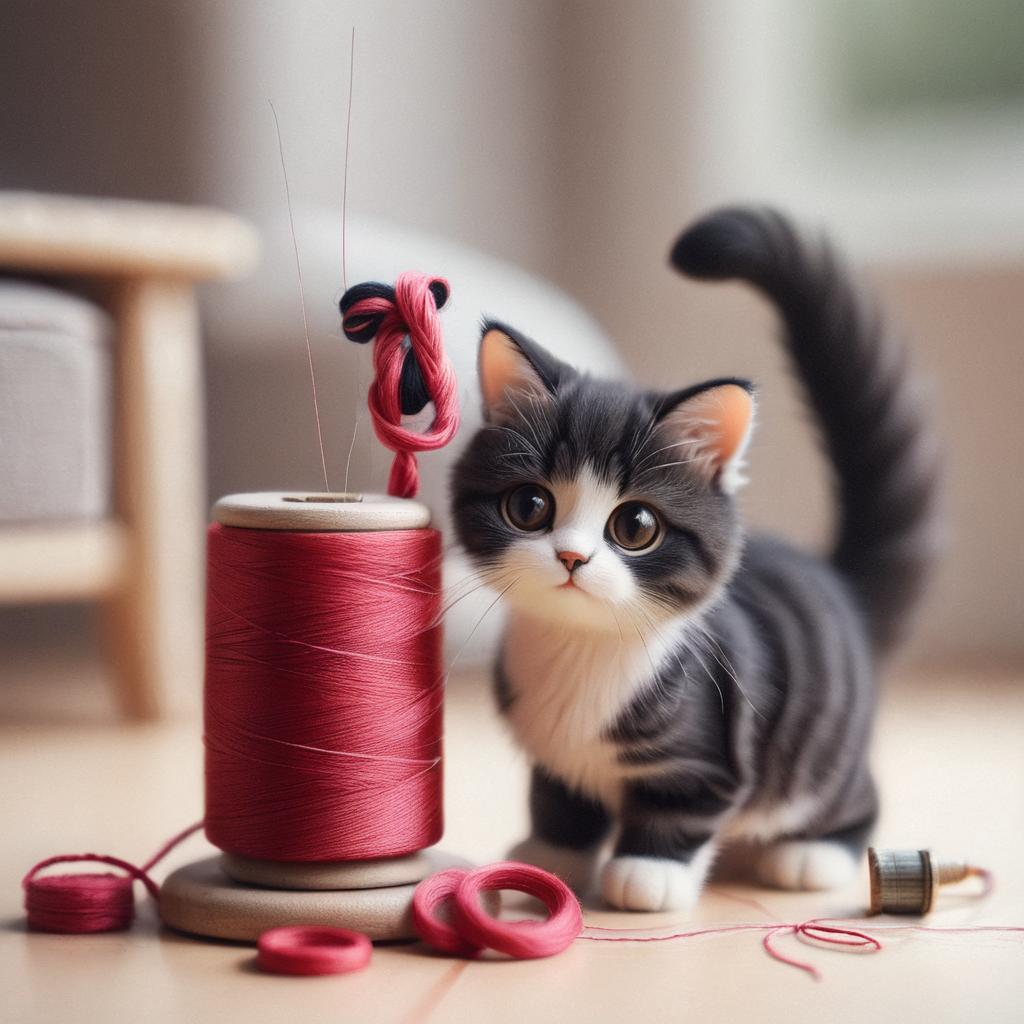Losing a pet can be though for kids, bringing out all sorts of emotions as they go through grief. Here’s an easy guide to help you support your child during this hard time.
Kids react differently to a pet's death depending on their age. It's important to acknowledge their feelings, whether they’re sad, angry, confused, or even indifferent. Younger kids might not fully understand that death is permanent, while older kids might feel a deeper sense of loss.
Share Your Own Feelings
Often children look to adults for how to handle emotions, so it’s better to show your vulnerability and express your sadness. Share your own pet loss stories or memories of the pet that has passed away. This helps them see that feeling sad is normal and a part of life.
Kids might have questions about death and what happens next. Encourage them to ask and be honest in your answers. Avoid confusing phrases like “gone to sleep.” If your child doesn’t ask questions, don’t push. Let them know you’re there to talk whenever they’re ready. Doing something special in memory of the pet can help with grief. Whether it's planting a tree, making a collage, or scattering ashes, involve your child in the process. Let them choose what feels right for them. Be flexible if they find certain rituals uncomfortable.
It’s okay to feel sad or scared

Toddlers don’t really get the concept of death. Use simple explanations and reassure them with hugs and a steady routine. Picture books about pet loss can help them understand better. Younger pre-schoolers might struggle like toddlers, while older ones start to get it more. Answer their questions simply and encourage them to express feelings through drawing, play, or stories. Let them know it’s okay to feel sad or confused.
Grade schoolers understand death better but can have strong emotions. If the pet is very sick, prepare them ahead of time. Let them say goodbye and express their feelings. Books with relatable stories can help them process their emotions. Teens get the concept of death but might react in different ways. Support them and keep communication open. Let them express their emotions in their own way. While they might not focus on pet loss books, other grief resources can still be helpful. Respect their need for space while being there when they need you.
Be honest and suitable for their age when talking about a pet’s declining health. Encourage them to talk about their feelings and give them a chance to say goodbye. Reassure them it’s okay to feel sad or scared. A new pet can be exciting, but don’t frame it as a replacement. Highlight each pet’s unique qualities and involve your child in getting the new pet. Give them time to adjust.
Don't be afraid to ask for help
If your child’s grief is intense or prolonged, consider getting help from a mental health professional. Your child’s pediatrician or a licensed therapist can provide support and resources. Look for signs like ongoing trouble with daily activities, being preoccupied with the lost pet, or noticeable behavior changes. If these arise, seek help early for better recovery.
Help your child express their emotions through drawing, writing, or playing music. Physical activity and time outdoors can also reduce stress and lift moods. Do activities together to strengthen your bond and provide support. Talking about your own experiences with pet loss shows that it’s normal to feel a range of emotions. Share how you coped, and that grief is a part of life. This can make your child feel less alone.
Remembering the Pet

Honor your pet by making a memory box, scrapbook, or planting a tree. Encourage your child to share stories and memories. Consider a small ceremony to celebrate the pet’s life and its impact on your family. Grieving takes time, and everyone does it differently. Be patient and supportive as your child deals with their emotions. Remind them you’re always there to talk or give comfort. Encourage them to lean on friends and family for extra support.
Losing a pet is a big deal for kids, but it also teaches them about growth, resilience, and coping. By providing understanding, support, and guidance, you can help your child get through this tough time and come out stronger. Remember, the love and memories of a cherished pet will always stay with you, offering comfort for years to come.





